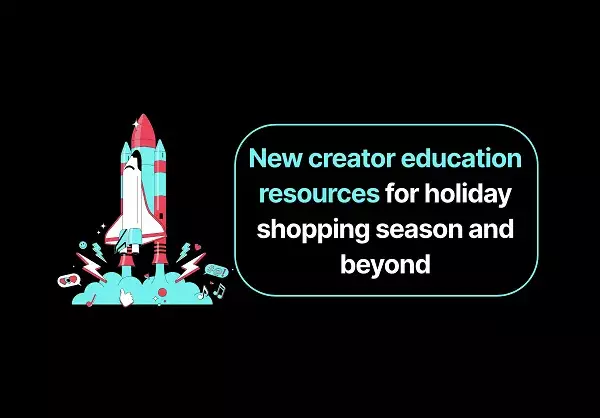TikTok has rapidly transformed from a simple social media platform to a dynamic e-commerce powerhouse, captivating both users and retailers alike. As the platform continues to refine its in-stream shopping capabilities, it has unveiled an array of new tools aimed at optimizing the experience for sellers. These resources not only promote user engagement but also foster a smoother and more compliant selling environment. In this article, we will analyze the recent updates that TikTok has introduced for sellers, exploring their potential impact on e-commerce success within the app.
At the forefront of TikTok’s latest offerings is the Account Health Report—a feature designed to provide sellers with a comprehensive overview of their compliance status. This weekly report serves as a vital source of information that highlights policy violations and other issues that could hinder a seller’s performance on the platform. By presenting a clear summary of relevant metrics, this tool allows creators to proactively address any potential issues affecting their selling capabilities.
This initiative promotes transparency by not only summarizing violations but also offering insights into common pitfalls from the past week. Such data-driven feedback is invaluable for sellers aiming to navigate the intricate landscape of TikTok’s policies. By understanding their performance metrics, sellers can refine their strategies and avert future violations that could have serious repercussions, including penalties that may impact their visibility.
In line with the introduction of the Account Health Report, TikTok has also implemented the Creator Policy Quiz. This interactive, multiple-choice quiz is designed to bolster sellers’ comprehension of TikTok’s content policies. By engaging with this educational tool, creators can identify areas of knowledge that need improvement, thereby reducing potential violations and enhancing overall account performance.
The incentive structure is particularly noteworthy; for each quiz a seller completes successfully, one violation point is removed from their account. This not only encourages proactive engagement with TikTok’s policies but also aids in maintaining a healthy account status. Should sellers choose to further their understanding of the platform’s policies, they can take these quizzes multiple times a month, balancing learning with the practical demands of their selling activities.
Beyond digital tools, TikTok is also investing in real-world experiences through in-person workshops. These events, designed to empower TikTok Shop e-commerce creators, explore the nuances of content monetization and the best practices for successful selling on the platform. Offering a space for direct interaction, these workshops not only facilitate knowledge transfer but also build community among creators.
While participants learn fundamental selling skills, these events also serve as a testament to TikTok’s commitment to its sellers. However, the absence of a centralized schedule for these events could pose challenges for sellers attempting to access these opportunities. Thus, it would be beneficial for TikTok to implement a more accessible event calendar to guarantee that all interested creators can take advantage of these resources.
Despite the ongoing challenges—such as regulatory scrutiny in various markets, including the U.S.—TikTok’s e-commerce initiatives reflect a growing trend of user spending within the app. Reports of a significant increase in sales, particularly during peak shopping events like Black Friday, signal that users are increasingly receptive to shopping directly through the platform. As more brands look to adapt to this shift, TikTok’s evolving features may provide essential tools to maximize their reach and sales potential.
While it remains to be seen whether TikTok’s in-stream sales initiative will achieve long-term success, the platform’s strategic enhancements provide a concrete foundation for sellers. By investing in both educational tools and community engagement, TikTok is setting the stage for a more robust e-commerce environment that could redefine how brands interact with consumers.
TikTok’s latest resources for sellers offer a blend of education and compliance, aiming to improve the overall e-commerce experience. By focusing on seller support, TikTok is not just facilitating transactions but forging deeper connections between creators and their audiences, ultimately paving the way for a vibrant marketplace on the platform.

